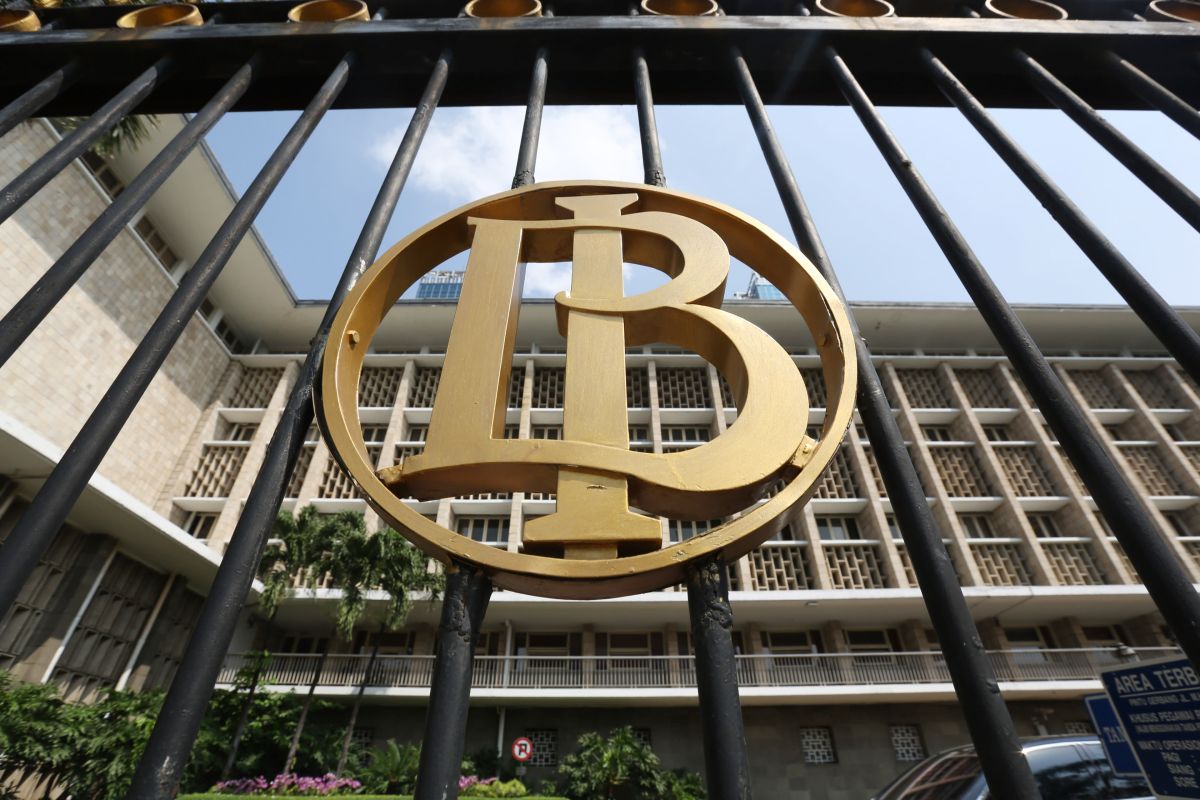Consequently, CPI inflation as of November 2019 reached 2.37 percent (ytd), or 3 percent (yoy) annually, down from 3.13 percent (yoy) in October 2019, Director of Bank Indonesia's Communication Department, Junanto Herdiawan, said in a statement here, Wednesday.
Bank Indonesia has consistently maintained price stability and strengthened policy coordination with the central and local governments to ensure inflation is maintained within the target corridor.
Therefore, Bank Indonesia projects low CPI inflation for 2019 at around 3.1 percent, while maintaining CPI inflation within the target range of 3.0 percent ±1 percent in 2020.
Lower core inflation has helped control CPI inflation, which stood at 0.11 percent (mtm) in the reporting period, decreasing from 0.17 percent (mtm) the previous month.
Commodity-wise, the main contributors to lower core inflation were noodles and rice with a side dish, for which prices returned to normal after an increase during the previous period.
Meanwhile, other commodities, such as house rental prices, contributed to core inflation in November 2019. Annually, core inflation was recorded at 3.08 percent yoy in November 2019, down from 3.20 percent yoy in October 2019.
Controlled core inflation was linked to rational inflation expectations in line with policy consistency by Bank Indonesia to maintain price stability, manage aggregate demand, ensure the exchange rate moves in line with the currency's fundamental value and minimize the impact of global prices.
Inflationary pressures on administered prices (AP) are stable. AP inflation was recorded at 0.03 percent mtm in the reporting period, unchanged from the previous month.
Such developments were explained by higher cigarette prices, which were offset by lower airfares. Cigarette prices have continued to rise after a policy was announced to raise cigarette excise tax in 2020.
On the other hand, airfares experienced another period of deflation in line with low seasonal demand. Annually, administered prices inflation stood at 1.08 percent yoy in November 2019 compared with 1.58 percent yoy the previous month.
In line with seasonal trends, volatile foods (VF) experienced inflation in the reporting period. VF recorded 0.42 percent (mtm) inflation in November 2019, reversing the previous 0.47 percent (mtm) deflation posted in October 2019.
The main contributors to VF inflation were the higher prices of shallots, tomatoes, purebred chicken meat and eggs, leaf amaranth and oranges.
The prices of shallots and vegetables were edged up by a delayed planting season due to a prolonged dry season.
Meanwhile, inflationary pressures on purebred chicken meat and eggs stemmed from increasing seasonal demand towards the end of the year. Annually, volatile food inflation increased to 5.02 percent (yoy) from 4.82 percent (yoy) in the reporting period.
Related news: Rupiah strengthens following release of low inflation data
Related news: November inflation rises 0.14 percent following commodity price hikes
Reporter: Azis Kurmala
Editor: Rahmad Nasution
Copyright © ANTARA 2019












